
Quirks in My Hero Academia
In the vibrant world of My Hero Academia, Quirks are not just superpowers; they are a fundamental aspect of society. These unique abilities have transformed the way people live, interact, and even work. As we dive into the fascinating realm of Quirks, it’s essential to understand their origins, implications, and the societal dynamics they create.
What Are Quirks?
Quirks are special abilities that individuals possess, typically manifesting during childhood. They can range from the mundane to the extraordinary, with some Quirks being incredibly powerful while others may seem trivial. For instance, a character might have the ability to manipulate fire, while another can merely make objects float. This diversity adds depth to the characters and the story itself.
The Origins of Quirks
The concept of Quirks emerged in society as a natural evolution of human abilities. The earliest known instance dates back to a woman who later became the mother of twin boys, Zen and Yoichi Shigaraki. Her Quirk, known as Spearlike Bones, only manifested as hardened growths on her arm. This early example illustrates how Quirks can vary significantly in their manifestation and impact.
The Social Impact of Quirks
As Quirks became more prevalent, society adapted to this new norm. Unfortunately, not all experiences were positive. For example, Chikara Yotsubashi, a young boy with a Meta Ability, faced discrimination and abuse. His mother’s support highlighted a common theme: the need for acceptance and understanding of those with Quirks. This societal shift has led to the emergence of various roles, including Pro Heroes, who are trained to use their abilities for the greater good.
Pro Heroes and Their Role
With the rise of Quirks, traditional law enforcement faced challenges in maintaining order. To address this, the profession of Pro Heroes emerged, starting in Rhode Island, USA. These individuals use their Quirks to combat crime and protect citizens. The existence of Pro Heroes has significantly reduced the presence of vigilantes, as people began to rely on these trained professionals for safety.
The Meta Liberation Army
On the flip side, not everyone agrees with the regulations surrounding Quirks. The Meta Liberation Army, led by Chikara Yotsubashi under the alias Destro, sought to challenge these restrictions. Their efforts reflect a broader struggle within society regarding the acceptance and regulation of Quirks. This conflict adds another layer of complexity to the narrative, illustrating the tension between freedom and control.
Conclusion
Quirks in My Hero Academia serve as a fascinating lens through which we can explore themes of identity, acceptance, and the balance of power in society. As characters navigate their abilities and the challenges that come with them, viewers are invited to reflect on the nature of differences and the importance of understanding one another. Whether you’re a fan of the series or just curious about the concept, Quirks offer a rich tapestry of storytelling that resonates with many.

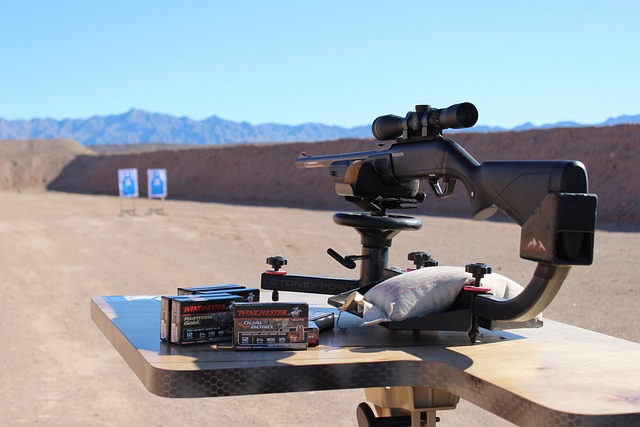

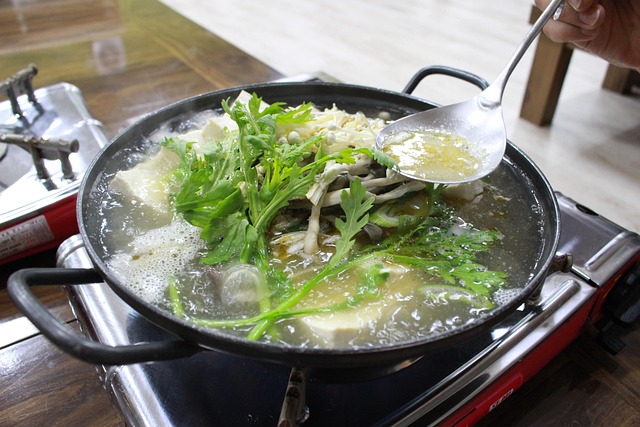
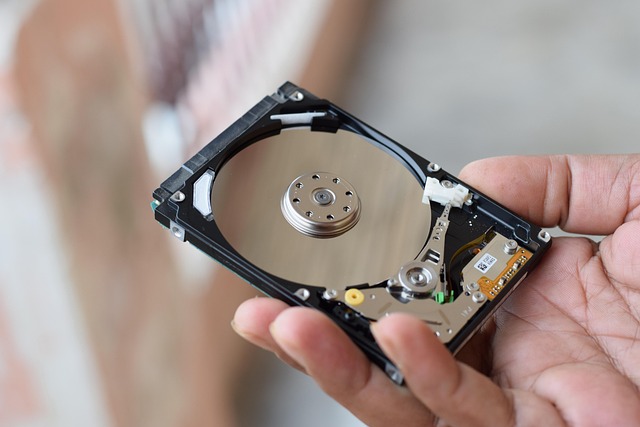
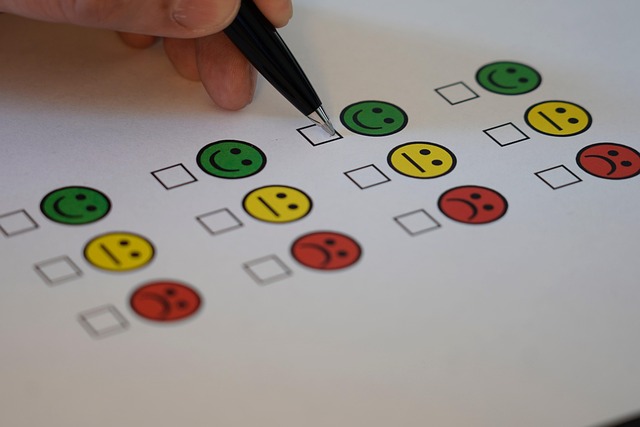
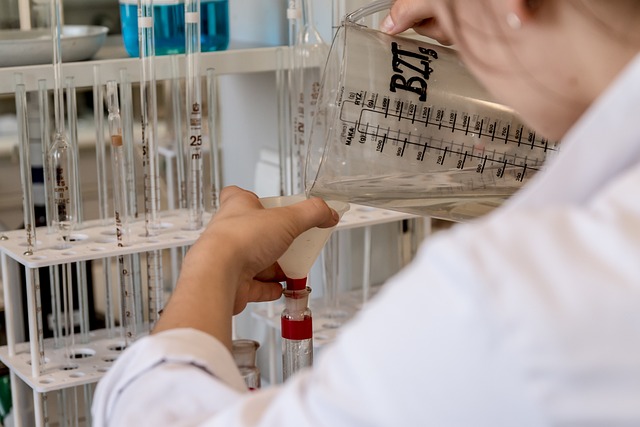
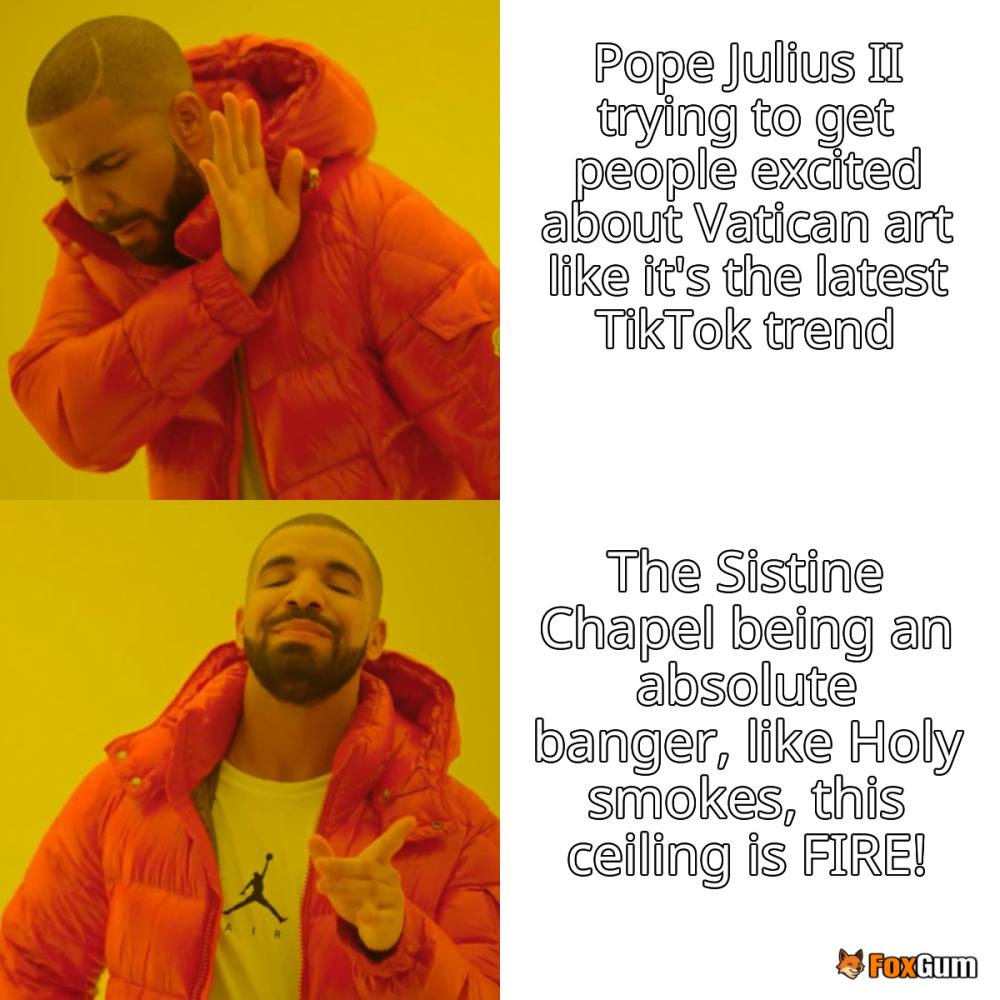
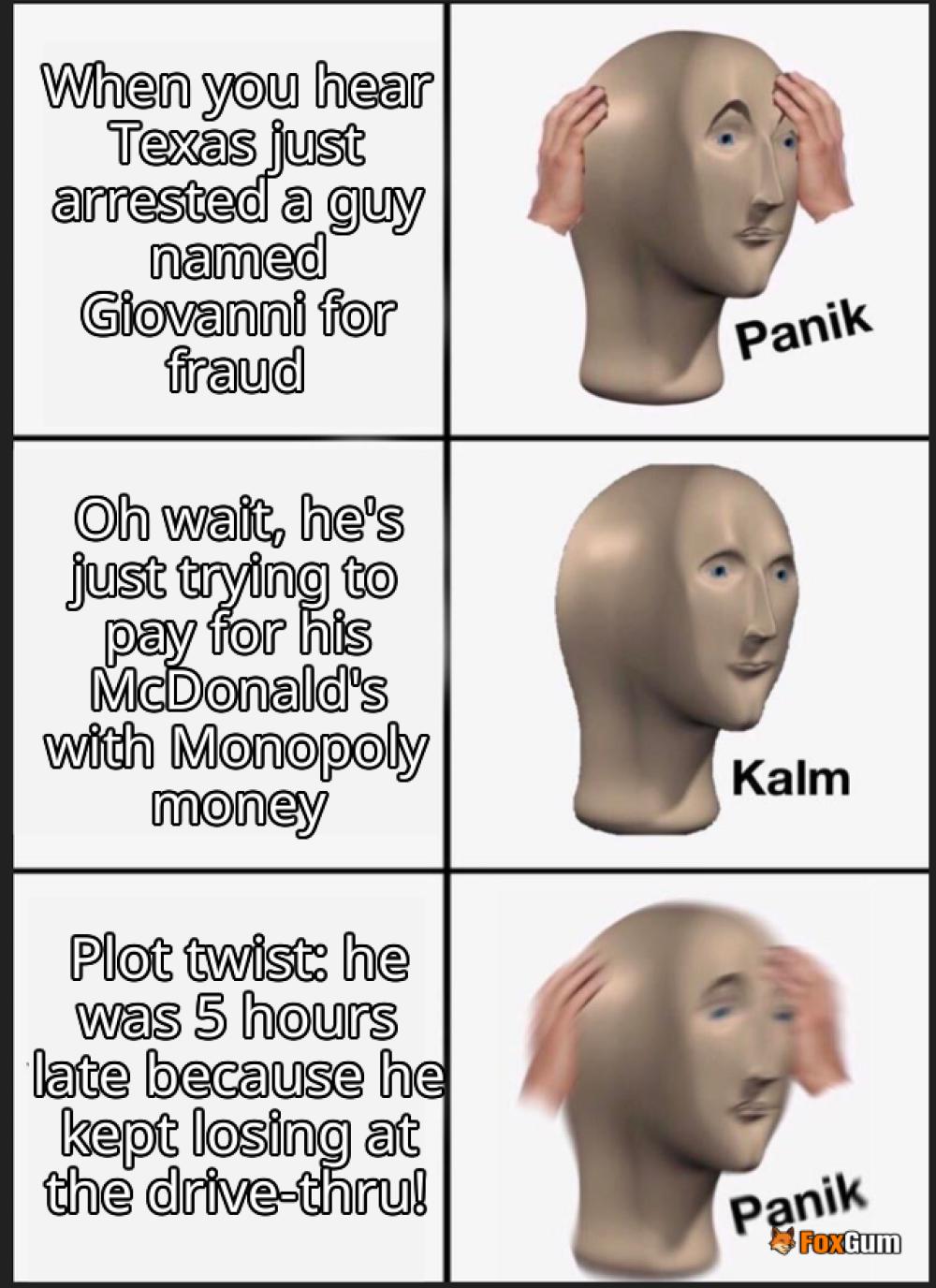
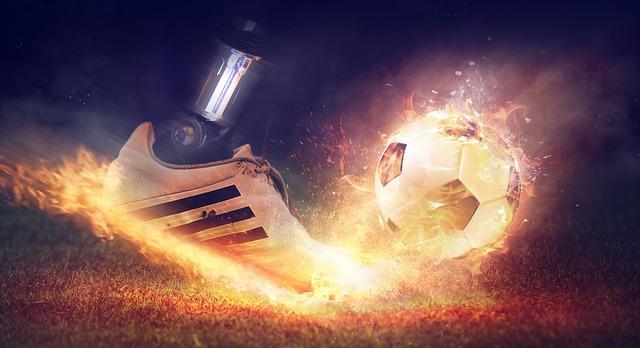
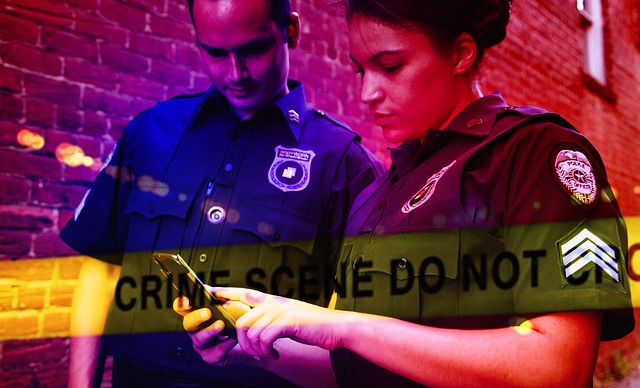

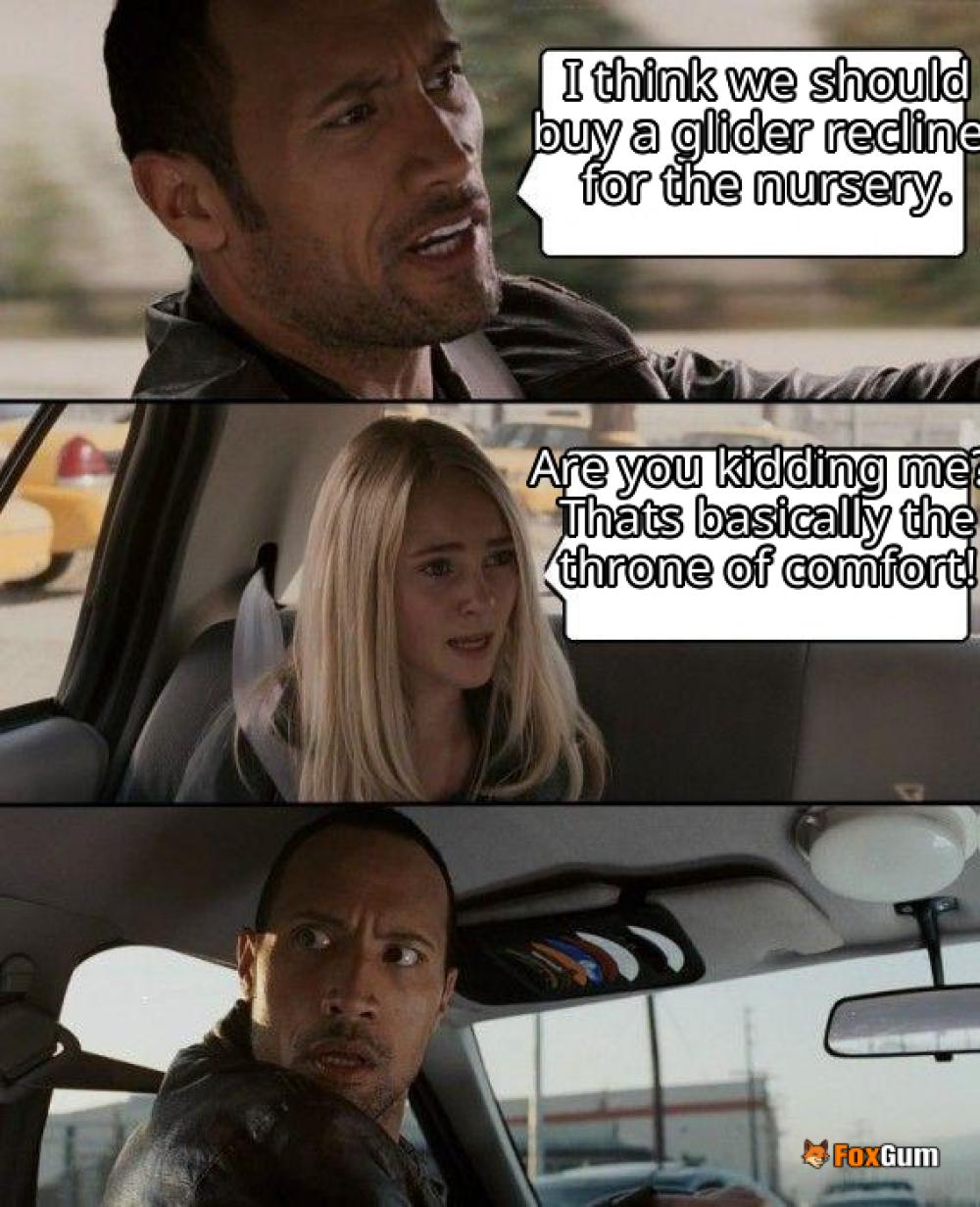
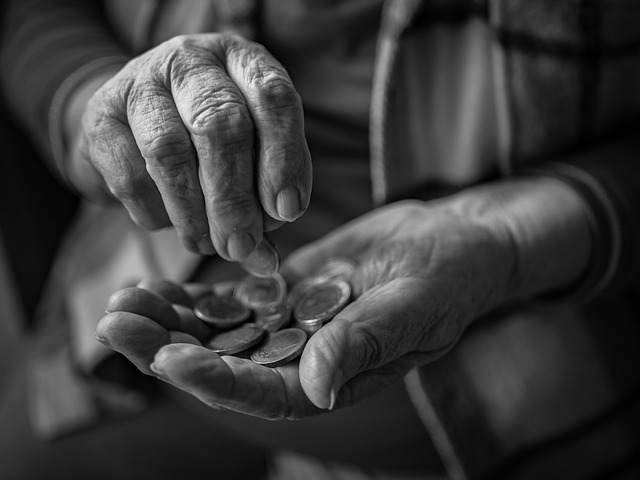
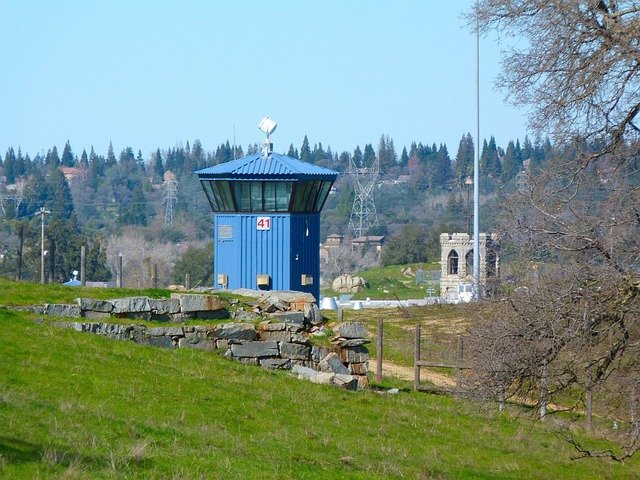


 What the Heck is a Tax Levy on Your Paycheck?
What the Heck is a Tax Levy on Your Paycheck? 
 Health
Health  Fitness
Fitness  Lifestyle
Lifestyle  Tech
Tech  Travel
Travel  Food
Food  Education
Education  Parenting
Parenting  Career & Work
Career & Work  Hobbies
Hobbies  Wellness
Wellness  Beauty
Beauty  Cars
Cars  Art
Art  Science
Science  Culture
Culture  Books
Books  Music
Music  Movies
Movies  Gaming
Gaming  Sports
Sports  Nature
Nature  Home & Garden
Home & Garden  Business & Finance
Business & Finance  Relationships
Relationships  Pets
Pets  Shopping
Shopping  Mindset & Inspiration
Mindset & Inspiration  Environment
Environment  Gadgets
Gadgets  Politics
Politics 